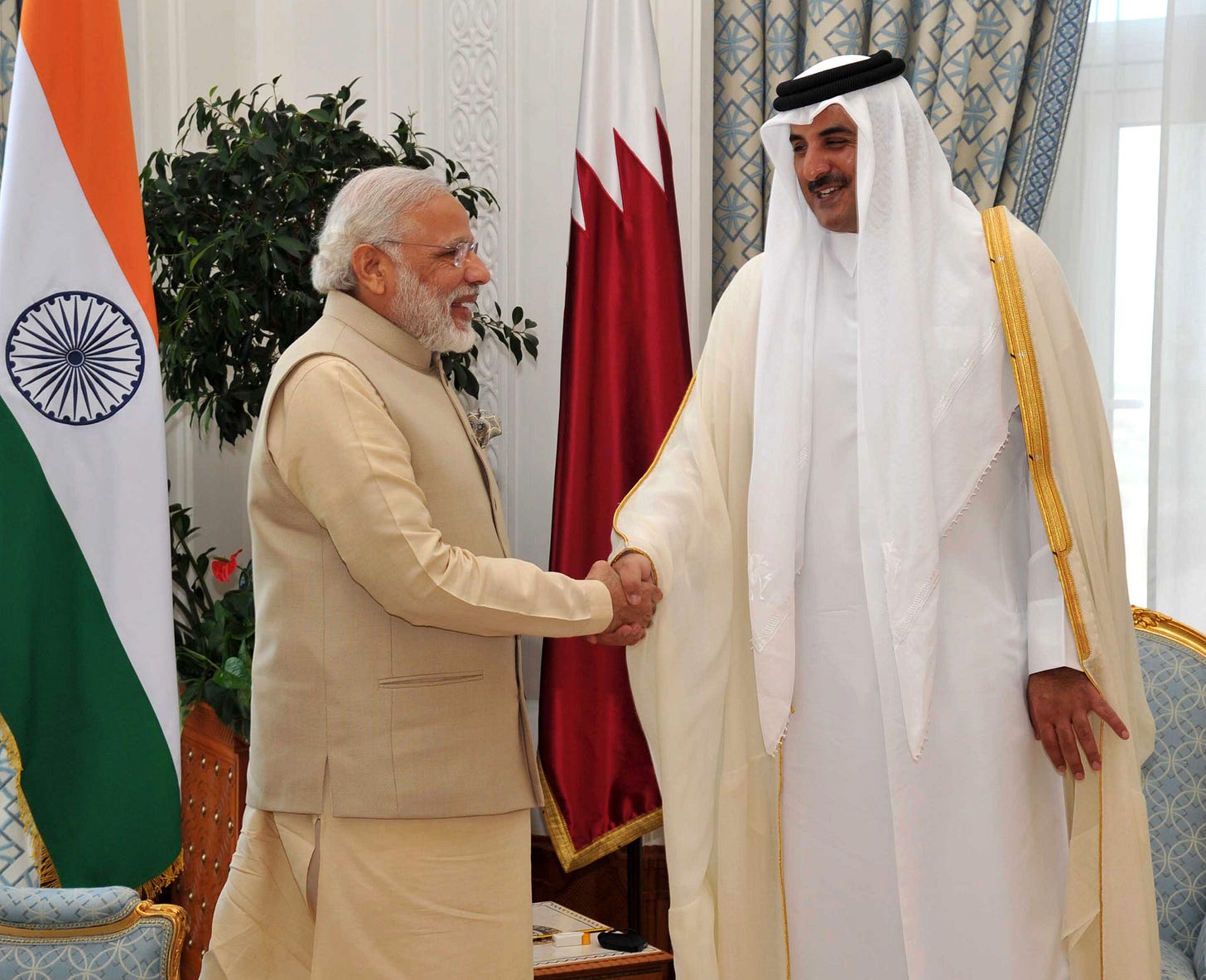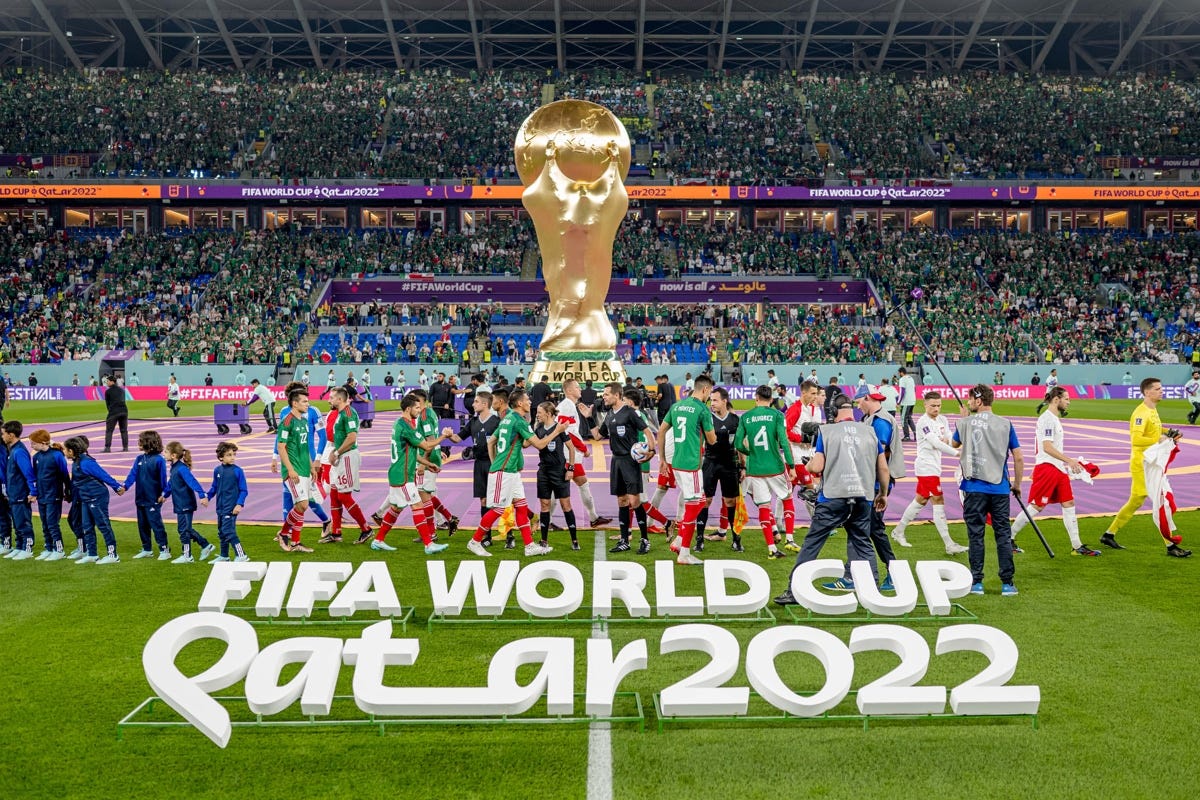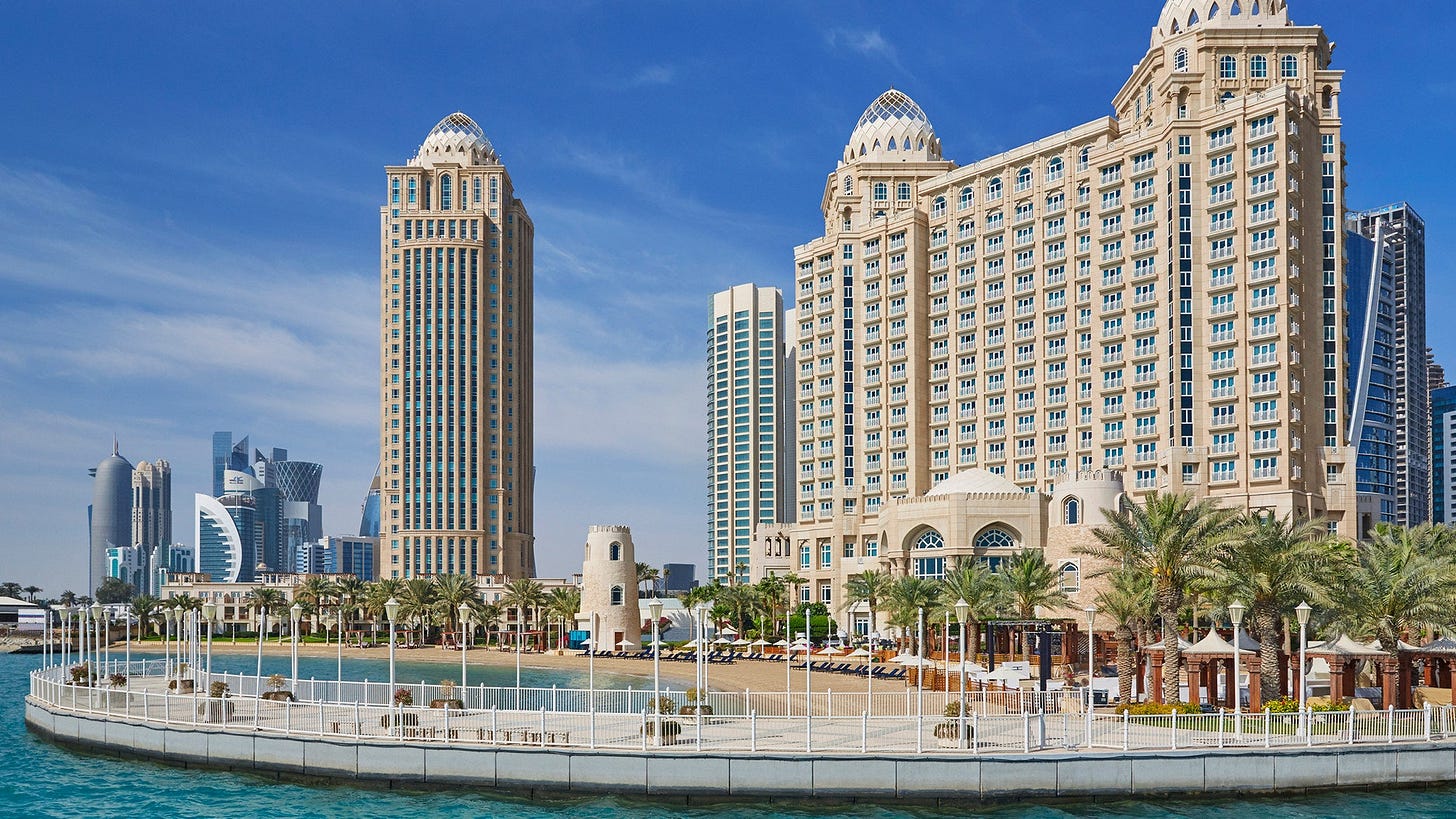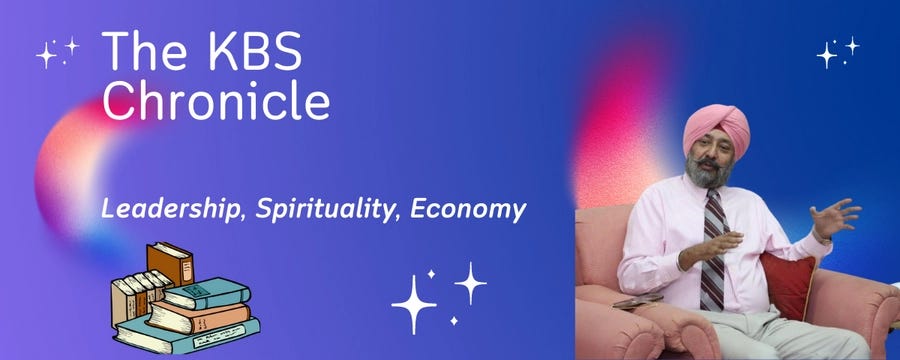Qatar's Quintessential Diplomacy: Diffusing Flashpoints Between Sworn Enemies
The Multifaceted Role of Qatar in Global Diplomacy and Politics.

The Qatar-Hamas Mediation
In a significant development that has captured global headlines, two American hostages were recently released by Hamas, the Palestinian organization labelled as a terrorist group by the United States and the European Union. The hostages, a mother and daughter, were part of a group of 203 captured during an incursion into southern Israel by Hamas on October 7. The rescue operation was not a solo effort by the United States but was intermediated and facilitated by Qatar, a small yet influential nation in the Arabian Peninsula.
A Brief History of Qatar
Qatar gained independence from British colonial rule in 1971 and has since been under the governance of the Al Thani family. Currently headed by Emir Sheikh Tamim bin Hamad Al Thani, the country has transformed into one of the wealthiest per capita, thanks to its abundant reserves of oil and natural gas. Beyond its affluence, Qatar has emerged as a significant player on the global stage, skillfully modernising its economy and diversifying its geopolitical reach.
The Diplomatic Tightrope
Qatar's unique positioning allows it to act as a mediator between conflicting parties, such as the U.S. and Hamas. It hosts a strategically important American air base, giving it a Major Non-NATO Ally (MNNA) designation from the U.S. At the same time, Qatar has been hosting and financially aiding Hamas. The Qatari capital, Doha, serves as the international headquarters for the group, and the Government dispenses around $30 million monthly to the Gaza Strip, which Hamas governs. This duality has led critics to call for sanctions against Qatar, questioning its role in fostering relationships with entities tagged as extremist.
The Sporting Arena
Interestingly, Qatar also caught the global spotlight as the host of the FIFA World Cup 2022. Despite being an Islamic nation where alcohol is traditionally not permitted, the event was sponsored by the German beer giant Budweiser, underlining the country’s flexibility in hosting such international events.
US-Iran Mediation Efforts
Qatar's diplomatic reach as a mediator is not limited to the Middle East. The country played a pivotal role in facilitating a $6 billion ransom deal between the U.S. and Iran, securing the release of five U.S. citizens of Iranian origin1. Initially, this sum was intended as payment for Iranian oil, but the transaction had been stalled due to U.S. sanctions. Although the released individuals safely arrived in Qatar en route to the USA, the completion of the $6 billion payment was subsequently delayed. although the funds had been transferred from a South Korean bank to Qatar. This hold-up occurred in the context of the Israel-Hamas War, as the U.S. had concerns that a portion of the funds could be illicitly channelled to support Hamas' actions against Israel2.
Beyond the Middle East
Expanding its diplomatic horizons further, Qatari mediators recently facilitated the return of four Ukrainian children from Russia to their families. This underscores Qatar’s capability to mediate in international disputes far beyond its regional scope.
Qatar is not without its Critics
While its mediation efforts in sensitive regions like the Middle East enhance Qatar's global standing, they also place the nation on a diplomatic tightrope. Critics have called for sanctions, and some have even urged Bill Gates, a significant shareholder in the company that owns the Four Seasons Hotel chain, to ban groups such as Hamas from frequenting the luxury hotel in Doha. Despite these challenges, Qatar continues to adeptly navigate these complex waters, striving to preserve its alliances both in the West and beyond.
The Delicate Balance
The complexities and risks inherent in these diplomatic endeavours cannot be underestimated. Whether Qatar will remain a diplomatic linchpin or be compelled to choose sides in future conflicts is a subject of intense global speculation. It is due to the enlightened leadership of the ruling Emir's family that Qatar continues to engage constructively with Western powers as well as their avowed enemies like Iran and Hamas, defusing critical flashpoints particularly where formal diplomatic channels are lacking. This diplomatic finesse positions Qatar as a significant player in brokering peace and resolving critical impasses.

It could serve as a valuable lesson for other neutral and non-aligned nations like India, which maintains a vast and professionally trained diplomatic corps as part of its elite Indian Foreign Service.
US-Iran $6 Billion Hostage Deal for 5 American Citizens'— Implications for India
Introduction The recent agreement between the United States and Iran, involving a staggering payment of $6 billion to ensure the safe return of five American nationals, has reignited intense…
$6 Billion US-Iran Hostage Deal Stumbles— Israel-Hamas Conflict is the Reason
Background In a strategic move to prop-up diplomatic relations and secure the safe return of five of its citizens imprisoned in Iran, the U.S. finalised had a landmark agreement with Tehran barely last month. This significant development, which led to their release, was the focus of a suc…







